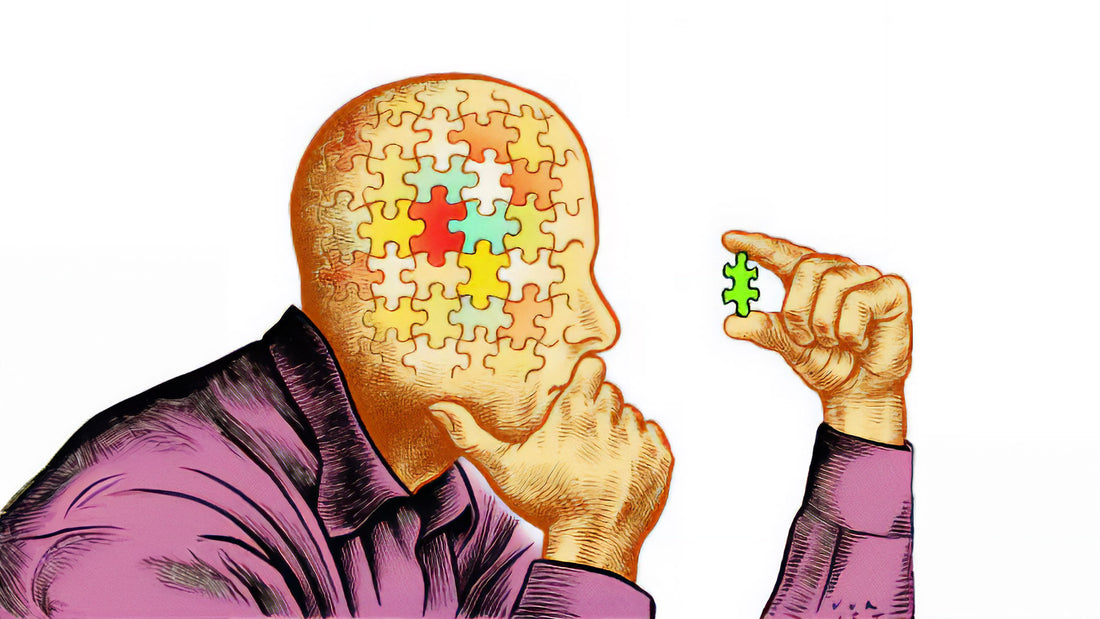Are left-handed people more creative?
Will gun control help make our country safer?
Does the average welfare recipient abuse drugs and alcohol?
Are people with mental illness violent?
These questions tap into our confirmation bias, which refers to our tendency to selectively filter information that supports what we believe, while also ignoring or disregarding sources of information that challenge it. Not only do we pay more attention to evidence that is consistent with our ideas and preferences, we also tend to better recall details of this information in our memory (hello, availability heuristic!). In general, the more strongly you value an individual belief or idea, the more likely you are to defend it by seeking evidence to support it and disregarding evidence that conflicts with it.
The confirmation bias affects how we gather, evaluate, and recall information, often without any awareness or intention on our part. We actively seek out examples to prove ourselves right, while disregarding pieces of information that might challenge our beliefs or lead us to think about an issue in a new way. We feel more comfortable around people and ideas that align with our values and experiences and we tend to stick to sources of information that are likely to confirm what we already believe about the world.
By favoring information and more easily remembering details that support our positions and confirm our existing beliefs, we become more entrenched in our ways of thinking and unable to see different perspectives and points of view. It encourages us to persevere in our beliefs despite valid evidence to the contrary and to bond only to people who share our outlooks. Essentially, the confirmation bias leads us to become increasingly more rigid, justified, and argumentative while becoming increasingly less empathetic, compassionate, and connected.
The consequences of the confirmation bias are unfounded overconfidence in our belief systems and unnecessary divisions amongst individuals in society. It’s the perfect recipe for maintaining an us vs. them mentality, and it erodes at the foundation of an open and cooperative society. While it’s tempting to only look for information that supports what we want to believe, it’s essential that we actively look for information that runs counter to our opinions and hypotheses. It can be scary, uncomfortable, and upsetting to expose ourselves to contradictory information and to open ourselves up to the possibility that there might be another way of thinking about something or responding to it, but it’s the only way to combat this universal and powerful bias!
Deliberately seeking evidence that challenges our beliefs is effective because it encourages us to develop a more balanced and informed perspective. Notice and check-in with yourself when you engage in stereotypic thinking, make assumptions about people, or feel righteous in a certain viewpoint. It’s very likely that the confirmation bias is unknowingly shaping these thoughts, opinions, and actions beneath your awareness. Challenge yourself to find out what might happen if you instead choose to look for evidence to support a different way of thinking. You may not change your mind, but you’ll have better insight into your beliefs and may find yourself better equipped for relating and connecting with those who think differently than you.
Check in next week where we’ll discuss our next critical thinking pitfall, cognitive dissonance!
